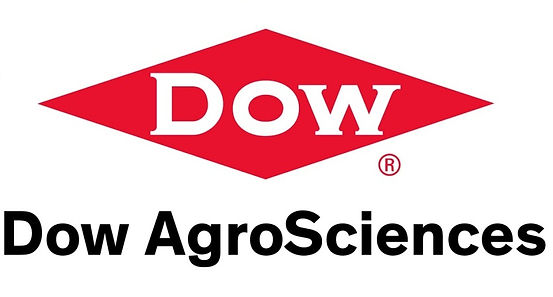Trailblazers & Their Impacts


With GMOs becoming more and more popular as the years carry on, GMOs have become an industrial process. Some of these leading companies include Monsanto, Pioneer, DOW, and countless more. These companies have paved the way for industrializing GMOs by creating crops that are insect and disease resistant. These companies employ some of the best of the best for their research and execution. Monsanto, for example, employs Dr. Marc Van Montagu, who was the first to find a stable way to transfer foreign genes into plants. The main drive for these companies are to make the best plants they possibly can, with as many benefits as possible and as few disadvantages as possible.
Dr. Marc Van Montagu
GMO Pioneer Companies

Monsanto is a sustainable agricultural company. They deliver agricultural products that support farmers all around the world. They are focused on empowering farmers—large and small—to produce more from their land while conserving more of our world's natural resources such as water and energy. They do this with our leading seed brands in crops like corn, cotton, oilseeds and fruits and vegetables. They also produce leading in-the-seed trait technologies for farmers, which are aimed at protecting their yield, supporting their on-farm efficiency and reducing their on-farm costs.

The Dow Chemical Company was founded in 1897, and then later created the Dow AgroSciences branch of the company. By 1997 Dow Chemical Company proved to be a large industrial power. Dow provides a wide array of products to match the needs of their customers, and their research with strategic partners is bringing advance and sustainable solutions. Some of Dow's advancements are innovative hybrid seed varieties, healthy oils, turf and ornamental, crop protection products, and crop-enhancing traits. They employ more than 8,000 hardworking people worldwide and in 2013 pulled in $7.1 billion (U.S.) globally.

DuPont Pioneer had been producing, marketing, and selling hybrid seed corn in nearly 70 countries worldwide. The company makes and sells hybrid seed, produced by cross-pollinated plants, and genetically modified seeds, some of which goes onto become genetically modified foods. They also market and sell varieties of other plants such as sorghum, sunflower, soybean, canola, rice, and wheat, as well as forage and grain addictive. Genes engineered into their products help to provide protection against various insects and are herbicide resistant.